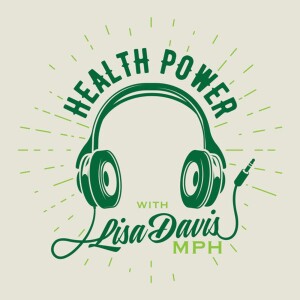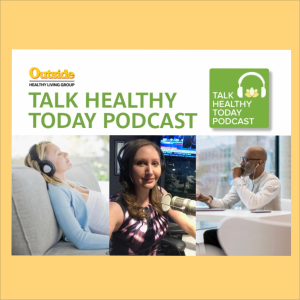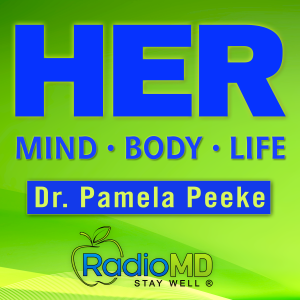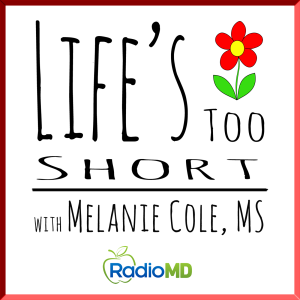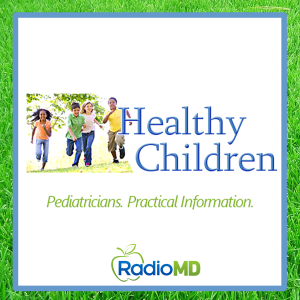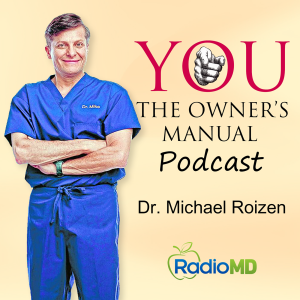

YOU: The Owner's Manual
http://feeds.feedburner.com/RadioMD/YouTheOwnersManualEpisode List

EP 1,249B - Medicare's 60th Birthday with Dr. Oz
Medicare works well because we do it together. We chip in from our salaries every week and we appreciate the medical care after age 65. And Medicare can take better care of you if you help by taking care of yourselfIt is the backbone of America’s social safety net programs. In this episode celebrating Medicare’s 60th anniversary, Dr. Mehmet Oz discusses the program’s evolution and its lasting impact on healthcare for seniors and people with disabilities. He highlights how Medicare has improved access to care, supported innovation in treatment and prevention, and helped set national standards. Dr. Oz also addresses financial challenges, including concerns about long-term funding, and emphasizes the importance of making healthcare more efficient and affordable, especially with promising advances like lower-cost gene therapies on the horizon. https://www.doctoroz.com/

EP 1,249 - News of the Week
Every week, Dr. Roizen talks about the latest health headlines that YOU need to know.

EP 1,241B - IS IT ALZHEIMER’S: 101 Answers to your Most Pressing Questions about Memory Loss and Dementia
There are an estimated 5.1 million US adults with dementia, as well as adults who are concerned about developing dementia. Who does not worry about Alzheimer's? Peter Rabins, a trusted physician, takes you in a bite-size question-and-answer style from "when to worry" to "what to do and say" and from early changes through tough care decisions. Suggestions are practical and specific despite thoughtfully acknowledged.

EP 1,241 - News of the Week
Every week, Dr. Roizen talks about the latest health headlines that YOU need to know.

EP 1,240B - How a Quick Swallow Screen Could Help with Early Detection of Medical Concerns
Swallowing is something that most of us don’t think twice about—until it becomes difficult. But what if counting how many times you can swallow in 30 seconds could help flag potential health concerns? That’s the idea behind a study that has generated recent public and media attention. Researchers examined how healthy individuals performed on the Repetitive Saliva Swallowing Test (RSST). It’s a quick and simple screening tool used to check for signs of oropharyngeal dysphagia, a disorder that can affect people with neurological conditions, head or neck cancer, and other medical conditions. Speech-language pathologists (SLPs) evaluate patients for—and treat—swallowing disorders. The American Speech-Language-Hearing Association (ASHA) is sharing the following information to put the study’s findings—and its broader application with the general public—into context.
Create Your Podcast In Minutes
- Full-featured podcast site
- Unlimited storage and bandwidth
- Comprehensive podcast stats
- Distribute to Apple Podcasts, Spotify, and more
- Make money with your podcast
